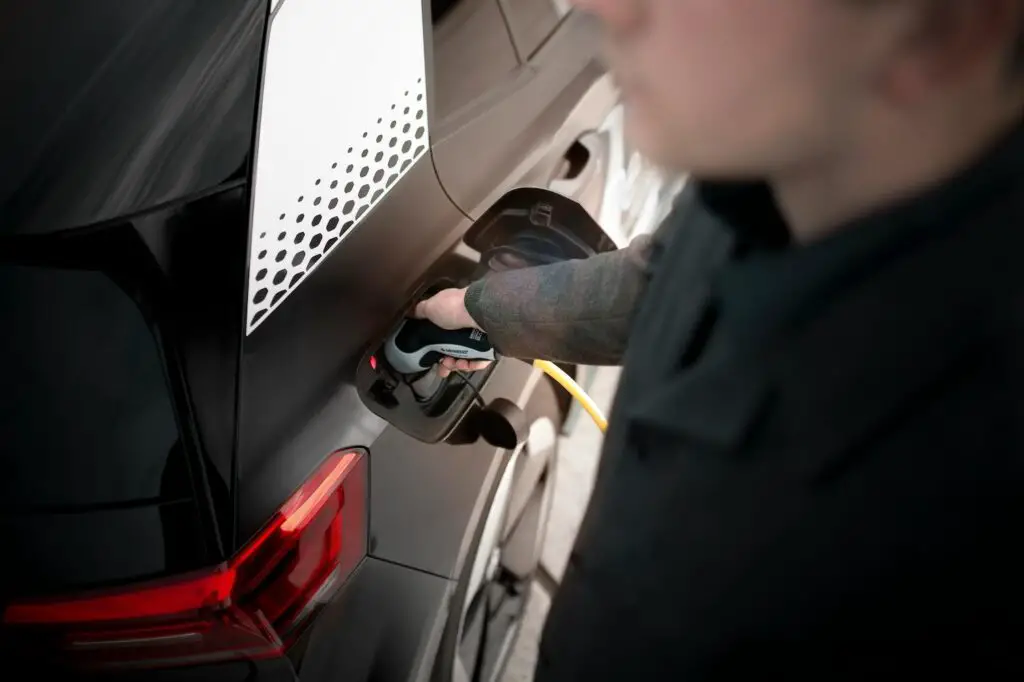Asahi Kasei, a leading Japanese technology company, has unveiled a promising breakthrough that could significantly enhance the performance of lithium-ion batteries in extreme temperatures. This development could transform the electric vehicle (EV) industry by improving battery performance in both cold and hot climates.
Current Limitations of Lithium-Ion Batteries
Electric vehicles (EVs) have made impressive strides, with ranges exceeding 300 miles becoming increasingly common. However, battery performance can still be adversely affected by extreme temperatures. In cold weather, the range of an EV can drop by approximately 12% at 20°F, as reported by the American Automobile Association in 2019. Additionally, charging times in freezing conditions can be notably longer. Conversely, high temperatures can accelerate battery aging and reduce the overall lifespan of EV batteries.
Asahi Kasei’s Groundbreaking Solution
Asahi Kasei has developed a new high ionic conductive electrolyte designed to address these temperature-related issues. The company’s innovation promises to improve battery performance significantly at temperatures ranging from -40°F to 140°F.
Understanding the New Electrolyte
The electrolyte in a battery facilitates the movement of lithium ions, which is essential for generating electric current. Mike Franchy, Director of North American Mobility, Sales, and Marketing at Asahi Kasei, explains, “Ionic conductivity measures a material’s ability to conduct electric current through the movement of lithium ions. Our new product enables ions to move faster and more efficiently, enhancing battery performance.”
In proof-of-concept tests, Asahi Kasei’s new electrolyte demonstrated high power performance at -40°F. Additionally, at 140°F, the battery life was found to be twice as long compared to conventional batteries. Furthermore, the time required to charge a battery from 10% to 80% could be reduced by up to 50%, depending on the specific cell design.
Key Ingredient: Acetonitrile
The significant improvement in performance is attributed to a key ingredient in the new electrolyte—acetonitrile. This compound offers superior energy storage capabilities and low viscosity, which allows it to flow easily with minimal friction. Since 2010, Asahi Kasei has been working with acetonitrile, overcoming previous challenges related to its interaction with graphite, a critical battery material. The company’s breakthrough formulation prevents acetonitrile from decomposing when in contact with graphite.
Impact on the Battery Industry
The development of this new electrolyte aligns with ongoing advancements in battery technology. Asahi Kasei’s proof-of-concept was conducted with cylindrical lithium-iron phosphate (LFP) batteries. LFP batteries are becoming more popular due to their cost-effectiveness, as they do not require expensive materials like nickel, manganese, or cobalt.
Franchy notes, “Manufacturers such as Tesla and Ford are increasingly using LFP batteries to lower vehicle costs. Our electrolyte can enhance both range and charging speed, benefiting both manufacturers and consumers.”
In addition to EVs, LFP batteries are vital for energy storage solutions. Improved performance and durability of these batteries will benefit the storage of renewable energy.
Future Prospects
Asahi Kasei anticipates that commercialization of its new electrolyte will commence in 2025. The manufacturing process will not differ significantly from existing liquid electrolytes, which should make it easier for licensees to adopt the new technology.
However, the electrolyte is not yet a universal solution. It is not ideal for all lithium-ion batteries, especially those used in consumer electronics that do not demand high power or extreme temperature resistance. For these devices, the cost of switching electrolytes may outweigh the benefits.
Despite this, the potential for increased demand in the EV and energy storage markets, particularly in extreme climates, is significant. While the future of battery technology may eventually lean towards solid-state batteries, Asahi Kasei’s innovation represents a notable advancement within the current landscape.
Franchy concludes, “This electrolyte has the potential to enhance various applications across multiple markets immediately.”
This breakthrough by Asahi Kasei could mark a pivotal moment in battery technology, addressing one of the key challenges facing the EV industry and energy storage systems.
